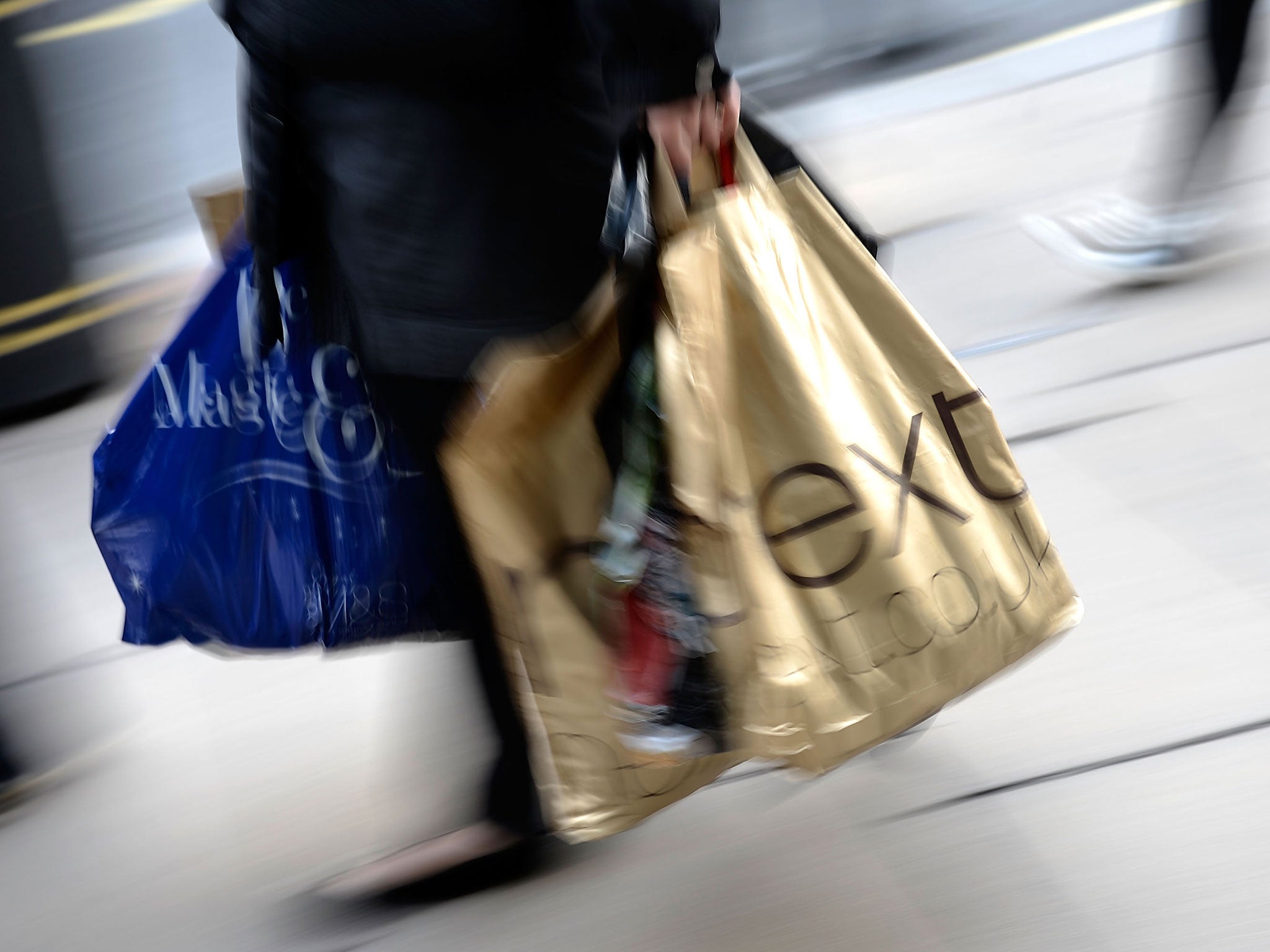A sharper than expected fall in retail sales volumes in the month leading up to the Brexit vote is a “taste of weakness to come”, economists have warned.
Retail sales in June were down 0.9 per cent on the previous month, according to the Office for National Statistics – worse than the 0.6 per cent decline City of London analysts had been anticipating.
“June’s sharp decline in retail sales marks the beginning of a much weaker period of consumer spending” said Samuel Tombs of Pantheon Macro, saying that the consumer sector was about to be hit by a triple whammy of negative forces.
“The combination of higher prices, job cuts and the Chancellor’s decision not to immediately alter the fiscal plans likely will bring the recovery in consumer spending to its knees” he said.
Tombs pointed to a correlation between the value of sterling (which as fallen out of bed since the referendum result) and retail sales, which suggests the later could be about to plummet.
1) The currency plunge
James Smith of ING said that a major decline in the GfK consumer confidence barometer – which fell at its quickest rate since 1994 after the surprise Brexit vote on 23 June – suggested retail sales growth would likely soon dry up.
2) Wilting confidence
“We expect the Bank of England to cut rates and boost QE [Quantitative Easing] when it meets next month, in order to help boost near-term confidence and counteract some of the economic effects of heightened uncertainty” Smith said.
Scott Bowman of Capital Economics said that “the retail sector will play its part in our expectation that GDP growth will fall to zero in Q3”.
Household consumption has been the dominant driver of UK GDP growth since the recovery began in 2013. Retail sales are around 30 per cent of household consumption and a good barometer of its overall future direction. So if retail sales suffer, so does the wider economy.
3) The driver of GDP growth
Most private sector economists have already heavily slashed the expectations of growth for this year and next in the wake of the Brexit vote, with some expecting a return to recession.
4) The recession threat
The ONS's preliminary estimate for GDP growth in the second quarter of 2016 will be released on 27 July. Economists now expect it will equal or possibly exceed the 0.4 per cent growth seen in the first quarter, before slumping in the third quarter of the year.
Subscribe to Independent Premium to bookmark this article
Want to bookmark your favourite articles and stories to read or reference later? Start your Independent Premium subscription today.


Join our commenting forum
Join thought-provoking conversations, follow other Independent readers and see their replies